
[CPU]lab
Complexity Planning & Urbanism
Cities have emerged as a new type of complex system combining social, ecological and technological dimensions. We face uncertainty, adaptation, temporal dynamics and competing dilemmas. As a design field we explore ways to change trajectories of urban transformation towards sustainable and desirable futures. We explore, use, develop and critique emerging technologies.
Complexity, Planning and Urbanism (CPU) develops new theoretical approaches and computational tools using a complexity science framework (systems, self-organisation, emergence, intelligence, structural change, adaptation) for the design, management, governance and understanding of future cities related to climate change, citizen participation, development strategies, resilient interventions, policy making and urban morphology.
Computational methods are used to expand the realms of static design methods and theory by enabling a temporal and dynamic process. Research activity is essential to the development of new approaches. Our research is transdisciplinary and currently spans Future Cities, Smart Cities, the Internet of Things, agile governance and cities as complex adaptive systems.
Research Themes
Complexity Theories of Cities
Adaptation, Evolution, and Emergence
Complexity Modelling
Data-driven Urban Simulation, Visualisation, and Participation
Procedural Design Science
Computational Philosophy and Procedural Design
Speculative Urban Futures
Probabilities and Projections of Future Cities
Research Networks
-
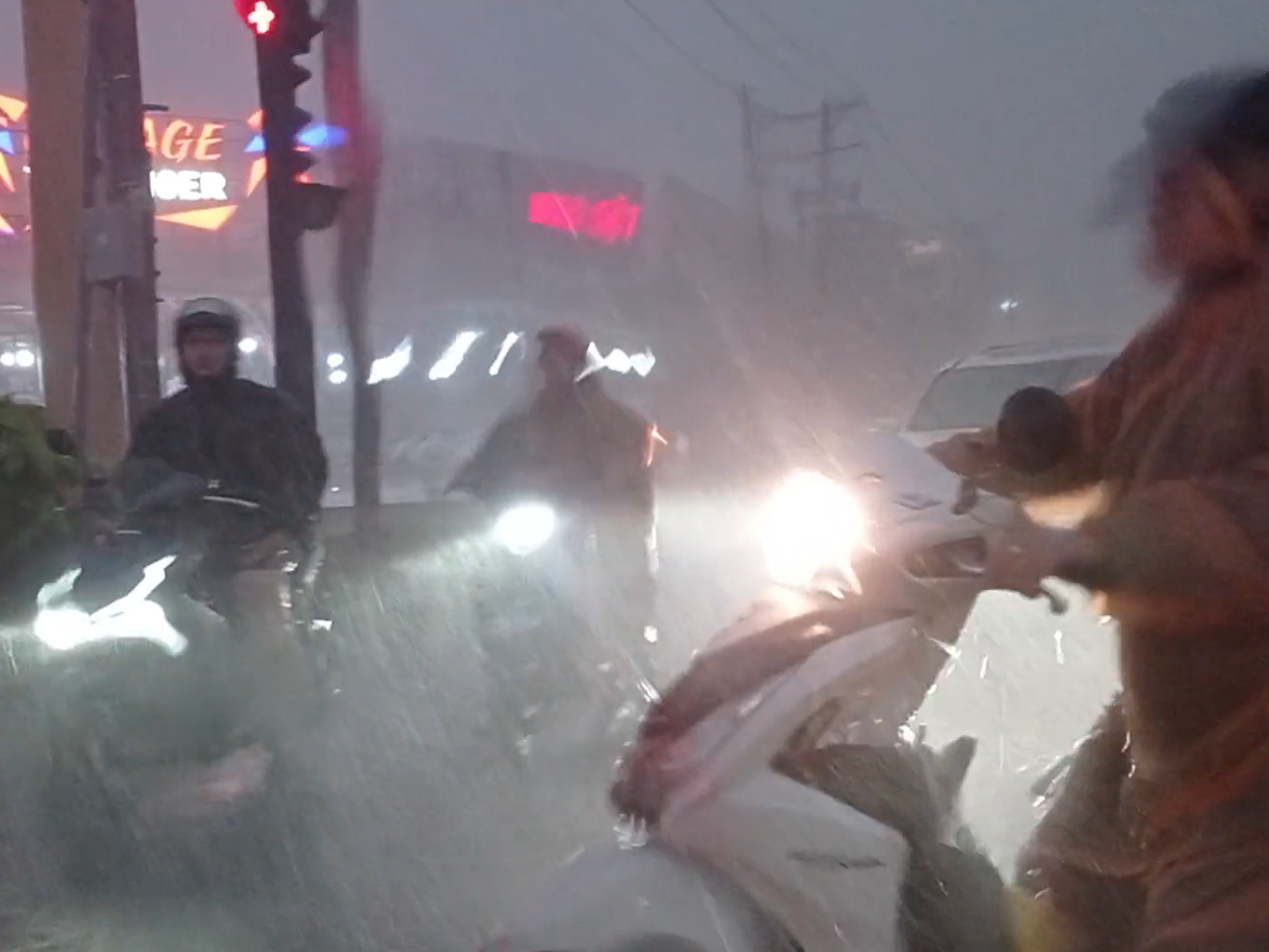
SusInfra
SusInfra is a research programme comprising a portfolio of interrelated projects that collectively investigate critical matters relating to urban sustainability, human well-being, and their dynamics with broader developmental objectives. These […]
-

CoFUTURES
CoFUTURES is an international group working on Global Futures with its sphere of activities scattered across various communities, research groups and networks around the world. CoFUTURES is active in different sectors including academic research, technology research, policy, and the arts. It also provides support for transmedial artistic work including fiction, films, and games.
-
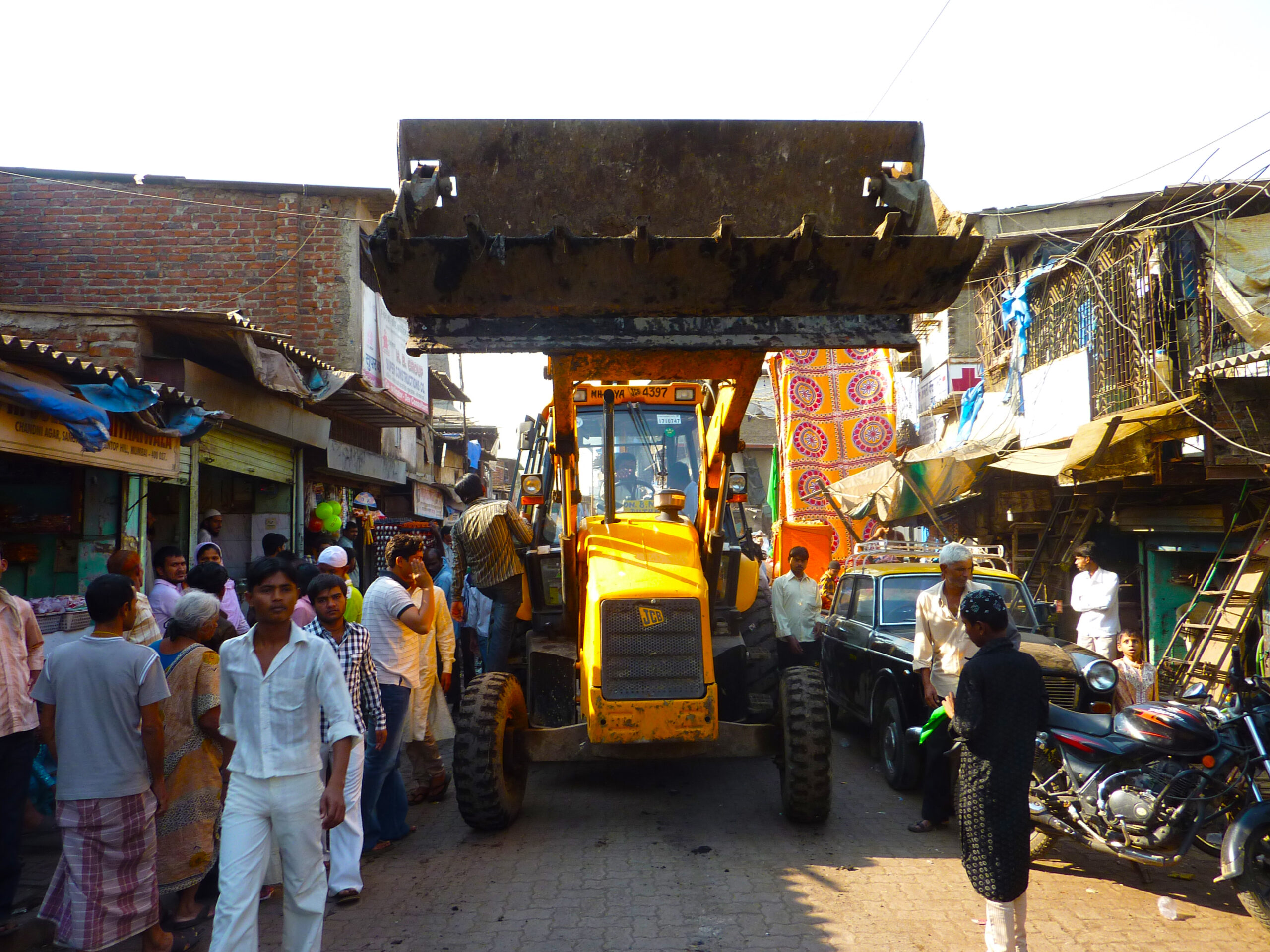
ComplexSouth
ComplexSouth critically engages with North-South research and researcher dynamics in the context of decolonial scholarship in urban transformations across the Global South.
-

Data and Cities as Complex Adaptive Systems
DACAS is an ESRC funded Strategic Network. It was part of the Urban Transformations (UT) program coordinated between 2015 and 2020 by Professor Michael Keith from the University of Oxford, showcasing research on cities. The UT portfolio included over 120 research projects that engaged with the challenges and opportunities of an increasingly urban world.
Our Work
-
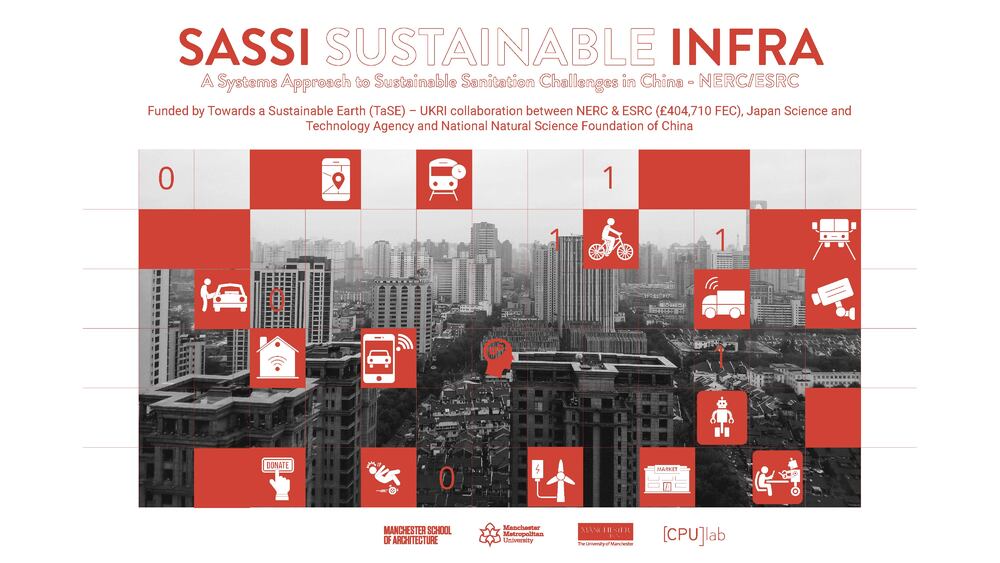
SASSI: A Systems Approach to Sustainable Sanitation Challenges in China
The overall aim of this interdisciplinary project is to enhance our understanding of the complex human-environment interactions in sanitation systems and their sustainability outcomes in rapidly developing countries. This can contribute knowledge and best practices to improve human well-being, which is the overall focus of the Sustainable Development agenda.
-
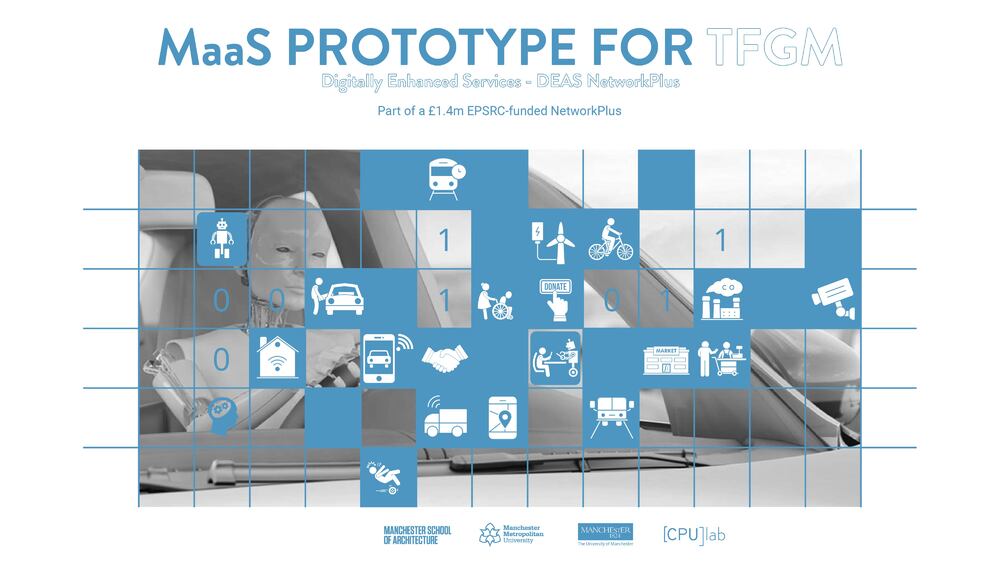
MaaS Prototype for TfGM – DEAS NetworkPlus
This project developed a DEAS focused prototype model for Mobility-as-a-Service (MaaS) integration in Greater Manchester (GM).
-
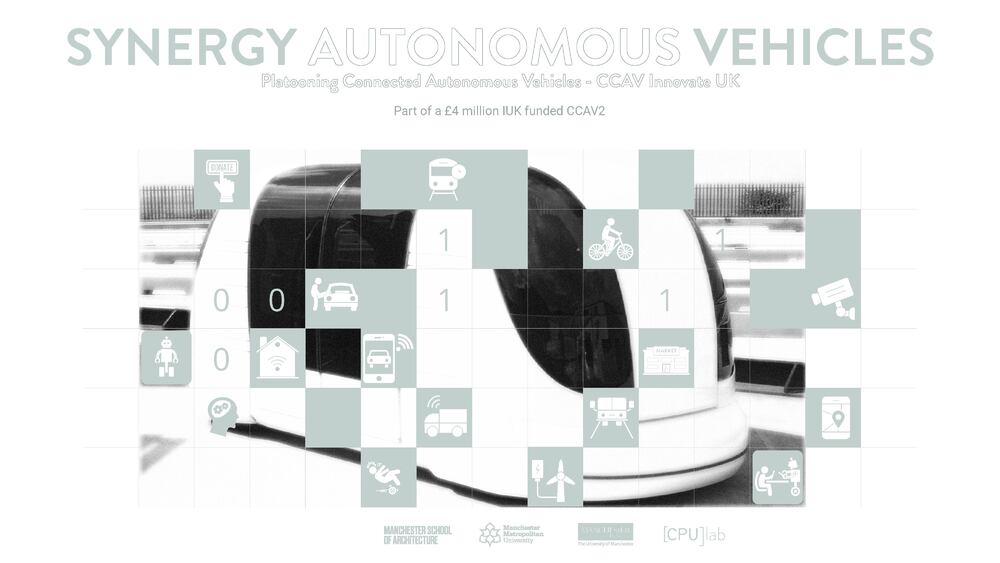
Project Synergy
The aim of this project is to further develop innovative technologies for connected autonomous vehicles to accelerate adoption of driverless vehicles and allied technologies in the UK. This project will introduce innovative technologies to operate connected autonomous cars in a platoon formation from Stockport directly to the arrivals terminal at Manchester Airport.
Partners












